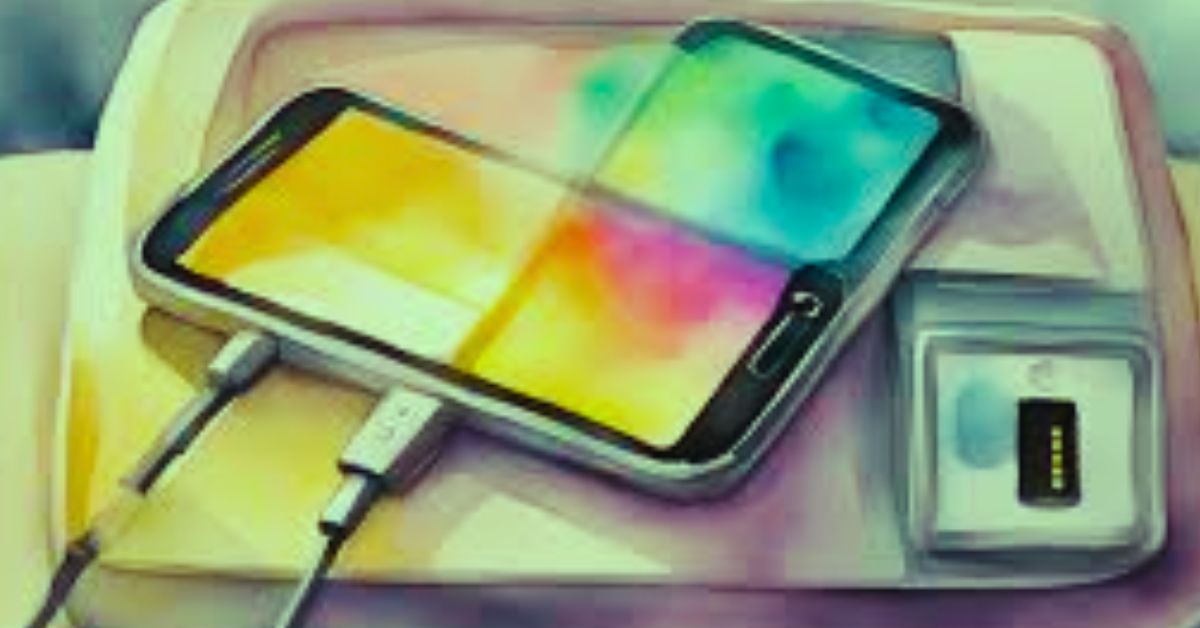Understanding Overcharging
Overcharging occurs when a device continues to draw power after its battery has reached full capacity. While many modern devices are designed with built-in safeguards to prevent overcharging, using incompatible chargers or leaving devices plugged in for extended periods can still pose risks. Over time, overcharging can degrade the battery’s performance, reducing its overall lifespan and efficiency.
Risks Associated with Overcharging
- Battery Damage: Lithium-ion batteries, commonly used in smartphones and laptops, are particularly sensitive to overcharging. When these batteries are charged beyond their capacity, they can swell, leak, or even rupture, leading to permanent damage and potential hazards.
- Reduced Battery Life: Continuously overcharging a device can shorten the battery’s lifespan. The more often a battery is pushed beyond its limits, the less charge it can hold, which means you may find yourself needing to replace it sooner than expected.
- Heat Generation: Overcharging can generate excessive heat, which is detrimental to both the battery and the device. This heat can lead to thermal runaway, a condition where the battery becomes dangerously hot and may catch fire or explode.
- Device Malfunction: Beyond affecting the battery, overcharging can also impact the device’s overall performance. Components may wear out more quickly, and the operating system can become unstable due to fluctuations in power.
Best Practices for Safe Charging
To minimize the risks associated with overcharging and to ensure the longevity of your devices, consider the following best practices:
- Use the Right Charger: Always use the charger that comes with your device or a reputable third-party charger that meets the manufacturer’s specifications. Using an incompatible charger can increase the risk of overcharging and damage.
- Unplug When Fully Charged: If possible, unplug your device once it has reached full charge. While many devices have built-in protections, it’s still a good habit to avoid leaving them plugged in for too long.
- Avoid Charging Overnight: Charging your device overnight may seem convenient, but it can increase the risk of overcharging. Consider using a timer or smart plug to cut off power after a set duration.
- Keep Devices Cool: Heat can exacerbate the effects of overcharging. Ensure that your devices are charged in a cool, well-ventilated area, away from direct sunlight or heat sources.
- Monitor Battery Health: Many devices offer settings or applications that allow you to check battery health. Keep an eye on your battery’s condition and replace it if you notice significant deterioration.
Conclusion
The importance of safe charging cannot be overstated. By understanding the risks associated with overcharging and implementing best practices, you can protect your devices and prolong their lifespan. With the right precautions, you can enjoy the convenience of modern technology while minimizing the potential dangers of improper charging. Remember, a little caution goes a long way in safeguarding your investment and ensuring that your devices remain reliable companions for years to come.
